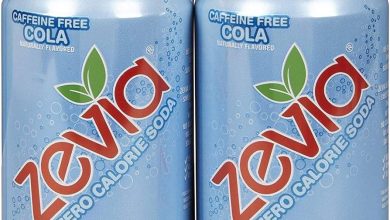Average Rating
No rating yet
Red Cabbage (Cooked, Boiled, Drained with Salt)
Nutritional Information (per 100g):
Related Articles
- Energy: 29 kcal
- Protein: 1.51 g
- Total Fat: 0.09 g
- Saturated Fat: 0.011 g
- Carbohydrates: 6.94 g
- Sugars: 3.32 g
- Dietary Fiber: 2.6 g
- Minerals:
- Calcium: 42 mg
- Iron: 0.66 mg
- Magnesium: 17 mg
- Phosphorus: 33 mg
- Potassium: 262 mg
- Sodium: 244 mg
- Zinc: 0.25 mg
- Copper: 0.054 mcg
- Manganese: 0.223 mg
- Selenium: 2.3 mcg
- Vitamins:
- Vitamin C: 10.8 mg
- Thiamin (B1): 0.071 mg
- Riboflavin (B2): 0.06 mg
- Niacin (B3): 0.382 mg
- Vitamin B6: 0.225 mg
- Folate: 24 mcg
- Vitamin B12: 0.0 mcg
- Vitamin A: 2 mcg
- Vitamin E: 0.12 mg
- Vitamin D2: 0.0 mcg
Allergen Information:
This food is naturally allergen-free.
Dietary Preferences:
- Suitable for Vegetarians and Vegans.
- Low in fat and a great source of fiber.
- Provides a moderate amount of Vitamin C and essential minerals like potassium and calcium.
Advice:
Red cabbage is a nutritious, low-calorie vegetable, ideal for those looking to boost their intake of dietary fiber and vitamins, especially Vitamin C. It pairs well in salads, slaws, or as a side dish. However, its relatively high sodium content should be considered when adding salt in recipes.
Conclusion:
Red cabbage offers a flavorful, healthy option for a variety of dishes, providing a range of vitamins and minerals. It’s an excellent addition to a balanced diet, contributing to heart health, digestion, and immune support.










